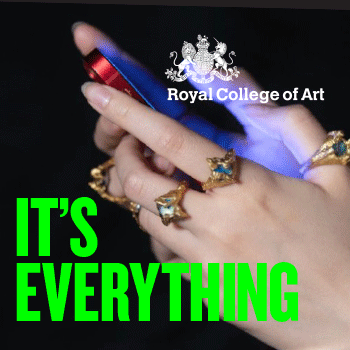Grant given for mitigating mercury use in artisanal gold mining in Ananea, Peru
Mercury Free Mining and the Alliance for Responsible Mining Work to Reduce Mercury Use in Artisanal and Small-scale Gold Mining
Reading Time:
1 min {{readingTime}} mins
The Gemological Institute of America (GIA) has awarded a $50,000 grant to Mercury Free Mining (MFM) and the Alliance for Responsible Mining (ARM) to focus on mitigating mercury use in artisanal gold mining in Ananea, Peru. The grant provides funding to evaluate ore-testing processes that have the potential to significantly reduce or eliminate the inadvertent release of 5,440 kg of toxic mercury every day by more than 15 million artisanal and small-scale gold miners (ASGM) around the world.
“We’re delighted that this GIA grant supports the discovery and implementation of efficient gold ore concentration methods that may help free millions of subsistence gold miners from their dependence on the marginal increases in efficiency that mercury provides,” said Toby Pomeroy, MFM Executive Director. “It’s exciting to be working for the wellbeing of miners and the earth in partnership with these impactful organizations.”
In addition, the GIA grant will support improved livelihoods for the miners by helping to advance the establishment of transparent supply chains that will make available certified, traceable, mercury-free gold for export.
This GIA grant represents a significant move by the US jewelry industry to proactively address the problem of mercury pollution that is widely associated with subsistence gold mining.
The Ananea, Peru project is part of ARM’s Sustainable Mines Program, built on the CRAFT Code and the Fairmined Standard, where miners can gain access to formal markets and a progressive path to improve their mining practices. The GIA grant will support the export and testing of gold ore samples from the Puno Region, located at 15,000’ elevation in the Andes.
“We are excited to participate in this project to mitigate the use of mercury in such an important location as Ananea, Perú, in which thousands of people depend on artisanal and small-scale mining to thrive and make a decent living. Thanks to this grant we get an important opportunity to demonstrate how mining can be done in a responsible way that cares for the environment and the health of miners and works as a force for good towards communities and sustainable development,” said Jonathan González, Fairmined Market Development Specialist at ARM.
The Ananea samples will be sent to innovative processors in the USA, Colombia, and Peru for scientific analysis and testing, demonstrating each processor’s efficiency compared to the miners’ traditional use of mercury for gold extraction. Based upon the findings, the miners can choose to implement a pilot program using one or more of the processors where they can determine for themselves the effectiveness, suitability, and potential financial and health benefits to their communities.
The testing processes and results will be carefully monitored, and extensive scientific data collection will document the program’s effectiveness and contributions to the affected communities. A project report will be submitted to GIA and will be the basis for a special article in a future issue of their scientific publication, Gems & Gemology.
“Consumers care deeply about sustainability and responsible sourcing and want to see evidence that the industry supports and embraces positive initiatives across the supply chain,” said Susan Jacques, GIA president and CEO. ”The vital work supported by this grant is an important part of GIA’s consumer protection mission and our continuing effort to advance sustainability and responsible sourcing by bringing the benefits of the global trade closer to artisanal mining communities.”
Author:
Published:











